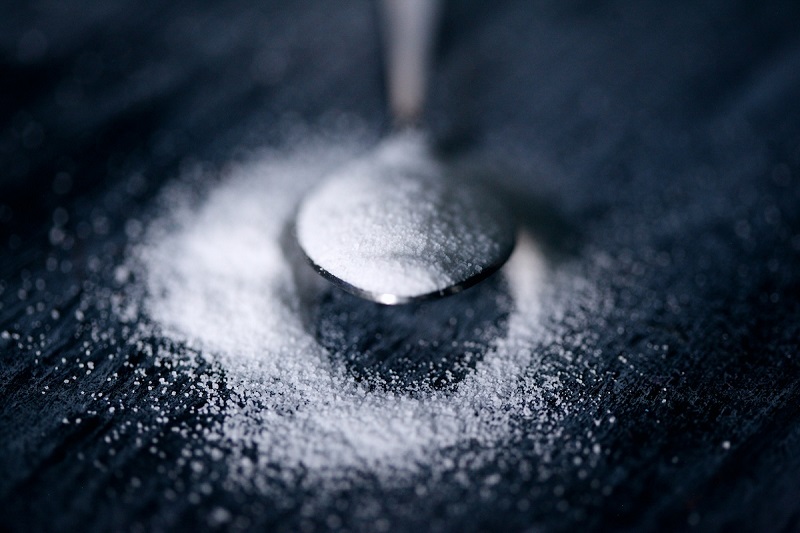What’s going on with xylitol? I read that it causes strokes! I’m panicking because it’s in my favorite sugar-free gum. Is this just a panic headline?
—Violet Beauregarde
Certainly, at face value the headlines do seem like they would induce panic. The claim is that consumption of xylitol is linked to heart attack and stroke. As usual, we want to go beyond the headlines and, ideally, beyond the article text and into the actual study on which the article is based.
That study can be found here, and it really has two distinct parts.

First, the authors use a cohort of people who they had tested for xylitol levels and followed over time. They observe a higher risk of stroke and heart attack in the group with the higher xylitol levels. This analysis has the correlation-versus-causation issue that we discuss all the time here. People with higher xylitol levels are different in other important ways (more likely to have a history of heart attack or heart failure, differences in cholesterol and triglycerides, more likely to have hypertension). It looks like the group with a high xylitol level had more cardiac events in the past, which perhaps is what prompted them to switch to a sugar substitute. But those past events suggest a higher risk of future events.
This analysis, even with the minimal controls the authors are able to include, is just not compelling to generate causal conclusions.
Second, they treat blood plasma from people (extracted from donated blood) and show that xylitol looks like it makes platelets more likely to clot. In this part of the paper, the authors also treat a small number of healthy subjects with xylitol and show that afterward, their platelets appear to be more likely to aggregate. This aggregation could be linked to stroke risk.
This second part of the paper is much more interesting, although it is difficult to know whether the findings are quantitatively important. Does an increase in platelet aggregation generally matter? What else impacts that variable? There is more work to be done here to understand whether this is important to health. The first part of the paper connects directly to health, but, as discussed, I do not think we learn anything from it.
There is no use panicking over this, and to draw a strong conclusion about health impacts would be a mistake. From a research standpoint, a better understanding of artificial sweeteners should be a goal.
Community Guidelines
















Log in